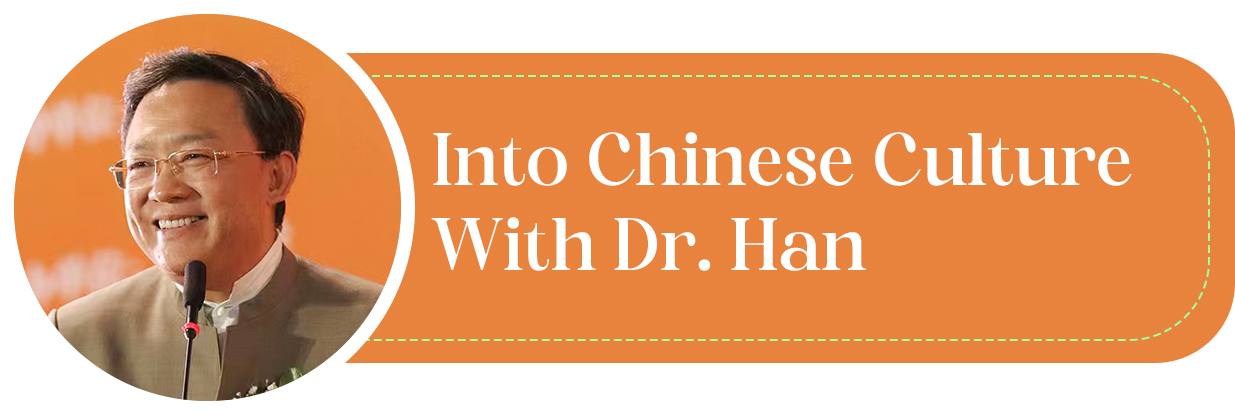The power of morality
Writer: Han Wangxi | Editor: Zhang Zeling | From: Shenzhen Daily

When people are genuinely pleased and willing to set aside their own desires, where does the power come from, external forces, or the inner self? For thousands of years, Westerners have searched for external sources, looking to the heavens for blessings, while Chinese philosophers have looked inward, seeking the source of happiness within their own hearts.
Mencius once said: "One may use forces to bend the will, but the resolve to conquer comes from the heart, not from coercion. That's what you see with the 70 disciples of Confucius. It is written in 'Book of Poetry,' which says, 'From the west, from the east, from the south, from the north, none who do not submit, this the meaning of it.'"
Relying on sheer strength to subdue others cannot make them genuinely pleased and willing to submit. When people are not willing to submit, it is only because it lacks opposing force, and obedience is merely superficial. True submission is achieved through kindness and virtue, encouraging voluntary acquiescence and genuine satisfaction. This is what is meant by "heartfelt submission."
Chinese culture emphasizes "winning over people with virtue," not "subjugating them with force." For it is the one who practices virtue and benevolence who should be king, while the one who uses force and pretends to be benevolent will be a tyrant. Anyone with an understanding of Chinese culture knows that it is a culture of virtue and benevolence. Follow the path of benevolence, not tyranny.
Confucius once stated to employ righteousness and virtue to draw people in. There is a dialogue between Chunyu Kun from the State of Qi and Mencius. He asked Mencius, "You say that according to ritual principles one should not show intimacy with the opposite sex. When a man's sister-in-law falls into a well, should he help her?" Mencius replied, "Her falling in water was a case of necessity and going down to assist her would be an act of benevolence."
Chunyu cleverly questioned further, "Doesn't today's world lie sunk in a well of misery? Why won't you help them?" Mencius replied, "When all under heaven are in such a state, one can only save them by drawing them to oneself through the practice of morality and justice." The ability to save all under heaven lies in morality; the ability to truly please and gain genuine submission from people still lies in morality.
Mencius once said: "Without the use of boundary limits to prevent people from advancing and retreating, or mountains and rivers to confine the state, or armed forces to impose one's will on the empire, those who possess the way receive much help and those who lose the way receive little help. In the case of those who receive little help, their relatives will run away from them. In the case of those who receive much help, all under heaven will be compliant with them."
"Employing this compliance of all under heaven to attack those from whom relatives run away — this is the way of the nobleman. Even if he avoids fighting, he will still win the battle." This victory is not achieved through violent force, but due to people's hearts, the strength of character, and their innate charm.
And what is the great way? The Confucians often say that the great way is to make the world a place of equal respect and fair treatment. The great way is benevolence, righteousness, propriety, wisdom, and trustworthiness. Those who possess the great way, attract the populace.
Mencius once made an analogy, saying that people are like crops; when facing drought in July or August, the crops will wither. If the sky suddenly becomes cloudy and rain begins to pour, the crops will flourish and grow. People's hearts are like the growth of crops, and what force can stop it?
(The author is a cultural scholar.)
(Translated by Shenzhen Daily)